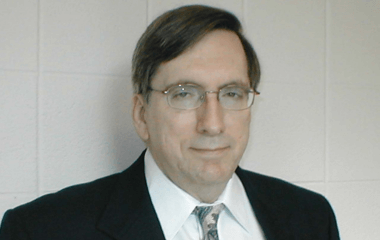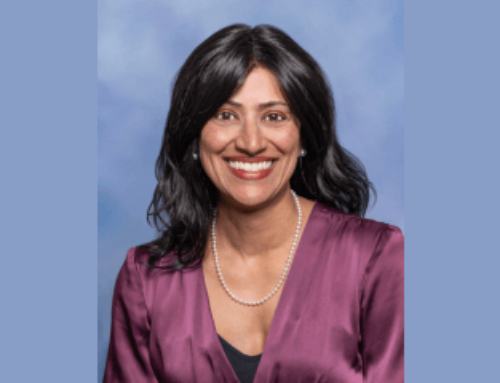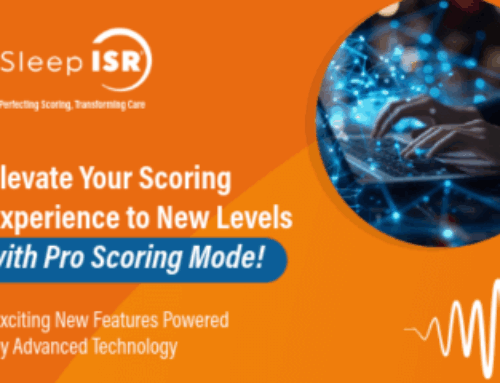The American Academy of Sleep Medicine regrets to announce the passing of Stephen Robert Lloyd, PhD, a collaborator in pioneering work in clinical sleep medicine and psychological sleep science with Rosalind D. Cartwright, PhD, and others. Dr. Lloyd was born on Feb. 18, 1945, in Arlington, Virginia, and died on Sept. 5, 2025, in Chicago, IL, at the age of 80.
Early education and career
Dr. Lloyd began his academic journey at the Illinois Institute of Technology (1964–67), where he completed a degree in physics. After working in private industry as a quality control engineer (1969–73) at General Electric Company, Division of Aerospace Electronic System, and further studies in statistics, psychology and anthropology at Syracuse University, he went on to earn his doctorate in clinical psychology at the University of Illinois at Chicago (UIC), specializing in measurement and statistical methods (1973–86). His predoctoral practica experiences in psychological assessment and psychotherapy were also in Chicago. He received specialized training in psychotherapy, alcoholism treatment and clinical hypnosis.
Contributions to sleep science
Dr. Lloyd pursued postdoctoral training at Rosalind D. Cartwright’s Sleep Disorders Research Center at Rush-Presbyterian-St. Luke’s Medical Center in Chicago. From 1979 to 1991, he collaborated on advances in clinical sleep medicine, psychological sleep science and the diagnosis and treatment of sleep disorders. Leveraging his technical expertise, Dr. Lloyd co-invented medical devices that played a key role in the advancement of both the measurement of sleep and the treatment of sleep disorders, including:
- Sleep posture monitor and alarm system (US4617525A, US5038137) — detected particular sleep positions for diagnostic purposes and provided alerts to awaken patients.
- Monitor for an anti-apnea device (US4593686) — designed to treat sleep apnea by engaging the tongue in a socket.
- Rapid eye movement sleep state detector (US4863259A) — detected REM sleep by monitoring and counting eye movements.
From 2001 to 2006, he worked as a senior research specialist at UIC’s Center for Narcolepsy Research, where he advanced the development of pupillometry as an objective method for assessing daytime sleepiness. His innovations improved data collection, subject tracking, artifact management and analysis, contributing to more accurate measurement of excessive sleepiness.
Oncology research
From 1991 to 1996, Dr. Lloyd served as research director, assistant professor and data systems manager in the oncology division at Rush-Presbyterian-St. Luke’s Medical Center. Amongst other contributions, he developed proprietary data management systems to improve accuracy and facilitate transfer of information to statistical software. As a member of Dr. David Cella’s research group, he contributed to the development of quality-of-life test instruments using both traditional true-score theory methods and extended Rasch-model scaling. These tools, widely used in multi-site Phase III pharmaceutical trials, remain essential in oncological research and clinical practice.
Teaching, clinical practice and consulting
Since 1996, Dr. Lloyd focused on teaching, statistical consulting and clinical practice. He was a founding partner of the Center for Conscious Living with Carol B. Low, PsyD, addressing a wide variety of problems including the practice of hypnotherapy. He was also a statistics, research methods and clinical psychology instructor at the Chicago School of Professional Psychology and the Adler School of Professional Psychology.
Even after retirement, Dr. Lloyd continued to consult in statistics, research design, psychological test construction, custom programming and hardware/software integration.
Legacy
Dr. Stephen Robert Lloyd will be remembered not only for his pioneering contributions to sleep medicine, psychology and oncology research, but also for the warmth, creativity and generosity that defined his personal and professional life.
By Violeta Carrion, MA, MEd





